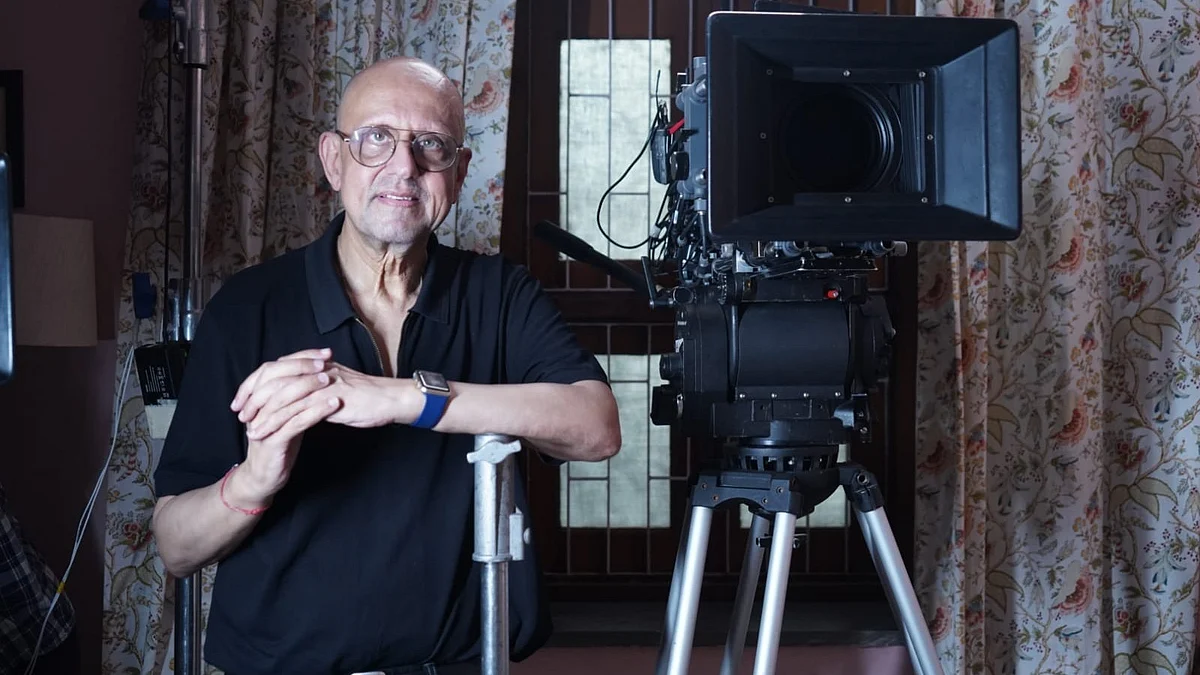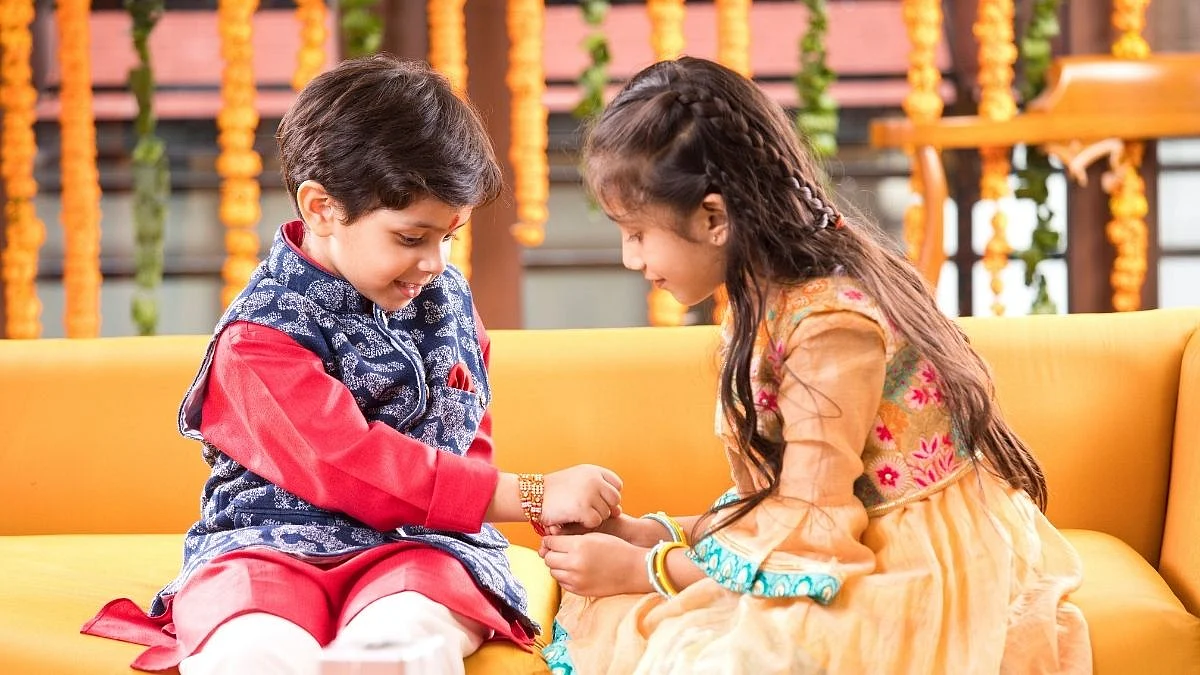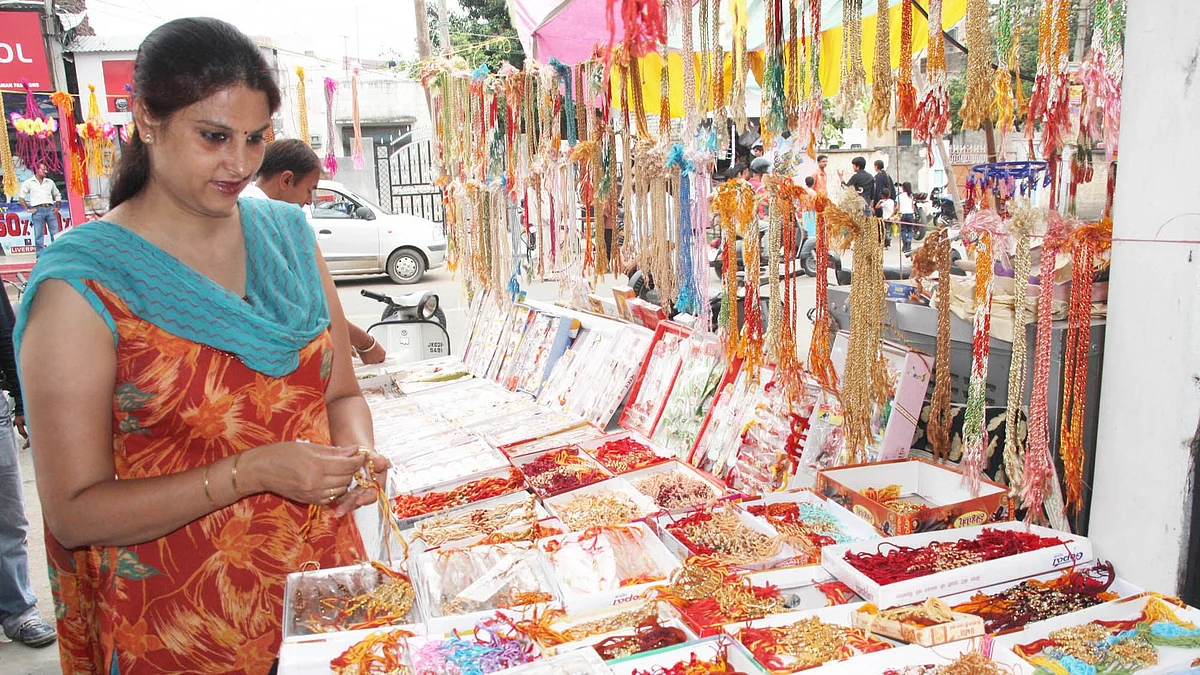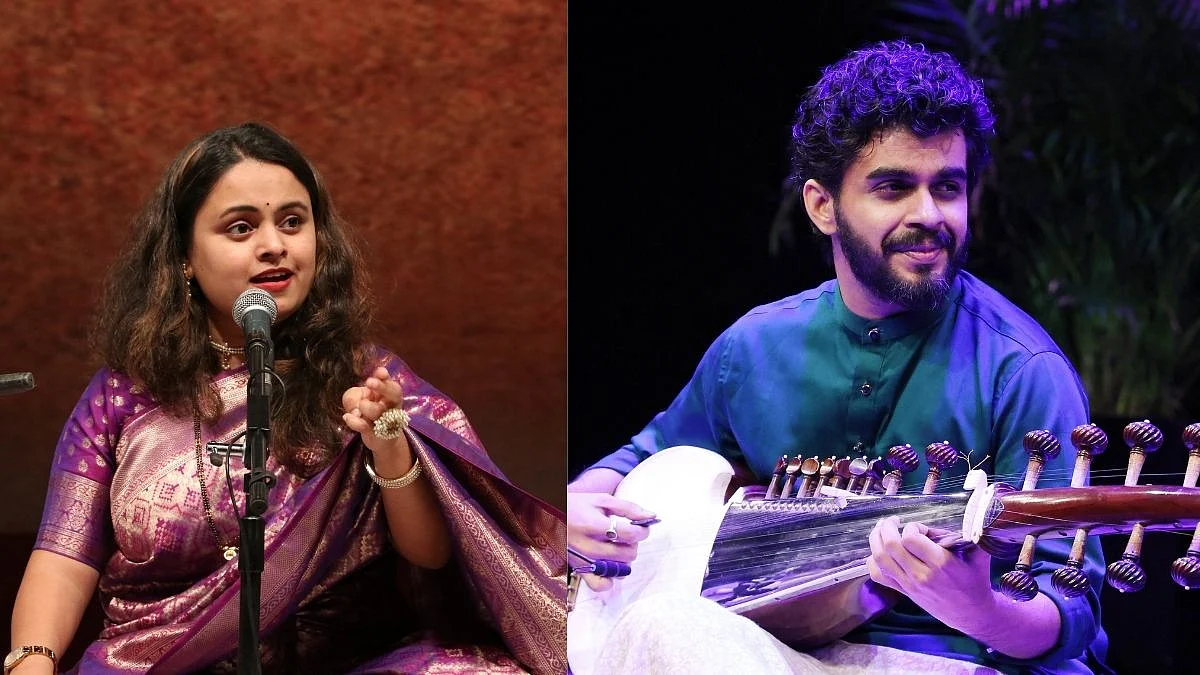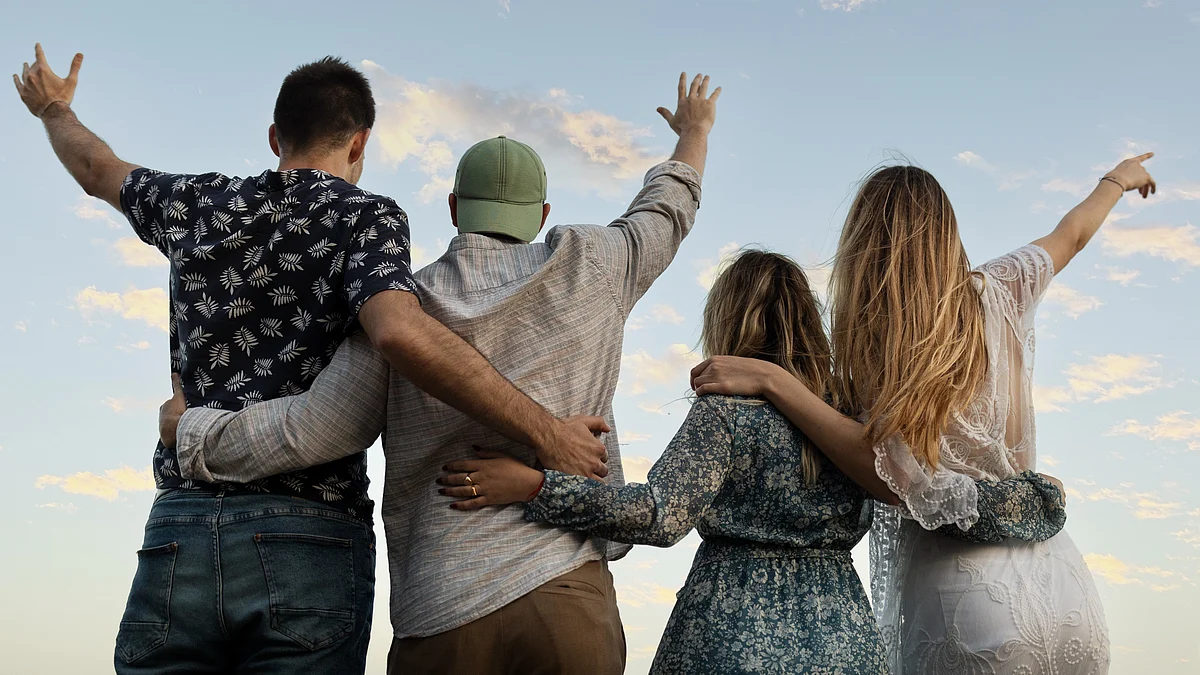They say blood is thicker than water. However, many people have friends in their lives who are more precious than their blood relatives.
Friends and family
For Shivangi Malhotra, Deputy Manager, Insurance Dekho, her friendship with Palak Chopra is more like family. “How we became friends is a pretty fun story. You know how schools sometimes pair up a mischievous one with a sincere one? That's exactly what happened — Palak being the naughty one and me the sincere one. Our teacher had her plans, but life had something else in mind! Ever since 9th grade, we’ve been inseparable,” Shivangi and Palak made the best memories in school. It led to them being called – Palak and Guthi – like the famous TV duo.
Do friendships matter?
Dr Hansal Bhachech, Consultant – Psychiatrist, HCG Hospitals – Ahmedabad, has observed as a psychiatrist and author that the age-old phrase “blood is thicker than water” is being increasingly re-evaluated these days. “While family ties continue to hold importance, friendships are emerging as equally—if not more—significant in terms of emotional depth and dependability for many.”
Shivangi does think so too. “Friends are the ones we choose — they often understand us better, support our choices, and don’t come with the pressure or expectations that family sometimes does. It’s not that family isn’t important, but in day-to-day life, friends become the ones we lean on.”
Pulkit Arora and Simranjeet Singh, the directors of Cyk Hospitalities, met in college, attending different courses. Common interests helped them become friends. “The concept that blood relations are superior is being gently challenged nowadays as friendships serve as those very few safe spaces for growth, vulnerability, or even non-judgmental support.” Pulkit adds, “In this day and age, when people keep changing and searching for some kind of emotional alignment, it is the friendship that ends up becoming the relationship that we choose to lean on.”
Simranjeet feels friendships are now built on emotional tone and no longer about being fun. They become one's support systems and sounding boards, and in ways, the chosen families.
According to Dr Bhachech, several key factors drive this aspect. “Today's fast-paced, mobile, and digitally connected lifestyles have changed how we maintain relationships. With people often living far from their families and investing more time in their careers, friendships—especially those formed nearby or online—tend to offer more immediate support and emotional availability. Research shows that nearly 60% of young adults turn to friends before family when seeking mental health support.”
Maintaining Friendships
Both Pulkit and Simranjeet agree that long-term friendships, like any meaningful relationships, need effort. “After school, our friendship became long-distance,” reveals Shivangi. “There were times we didn’t talk for days, but we always showed up, not just for the fun times, but during the tough ones too. It’s about being honest, giving space, forgiving quickly, and celebrating the small things. When you invest in a friendship like you would in a family, it becomes just as meaningful.” To maintain friendships and make them family, Dr Bhachech wants everyone to nurture trust and communication, apart from fostering emotional intimacy, supporting each other's growth and forgiving and moving forward. "Generational differences, unresolved conflicts, and rigid expectations can make family relationships challenging. Friendships, on the other hand, are usually grounded in mutual respect and reciprocity.”
Friends = family
Dr Bhachech thinks rise in friendships becoming prominent throws light on a bigger shift towards individualism. “Rather than replacing family, friendships increasingly complement it, filling emotional gaps and offering a chosen family of one’s own.” This is especially true when one is not staying away from one’s blood relations. Friends are the immediate support system that is with you substituting for the family.
Simran adds, “We are moving away from traditional models of family; families in the future will be more about shared values than shared surnames.”
Friendship Day is a good time to sit back and realise that some times, ‘blood is NOT thicker than water.’






